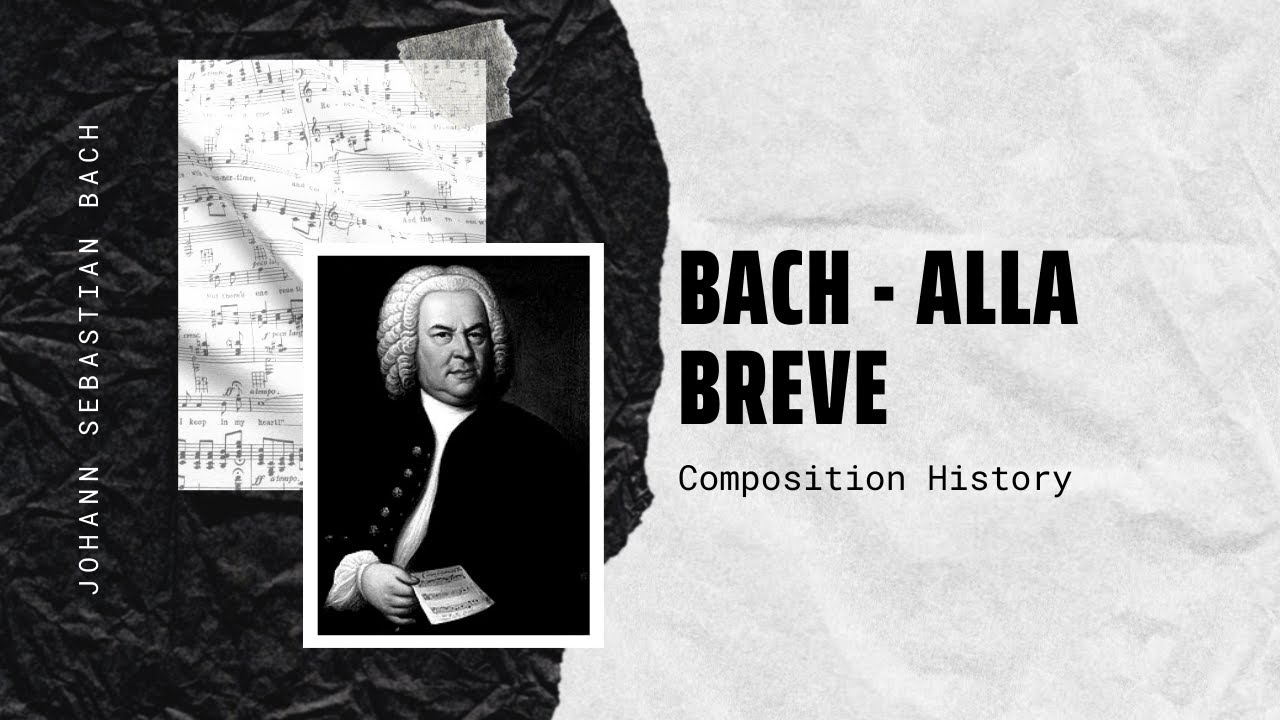
Giulio Regondi – Etude No. 6
Giulio Regondi Etude No. 6 For more: http://www.melhoresmusicasclassicas.blogspot.com

Bach – Alla Breve
Johann Sebastian Bach – Alla Breve Johann Sebastian Bach (31 March [O.S. 21 March] 1685 – 28 July 1750) was a German composer and musician of[…]

Bach – Es ist das Heil uns kommen her BWV 9
Johann Sebastian Bach – Es ist das Heil uns kommen her BWV 9 Johann Sebastian Bach (31 March [O.S. 21 March] 1685 – 28 July 1750)[…]

Albert Ketèlbey – In the Woodlands
Albert Ketèlbey – In the Woodlands Albert William Ketèlbey (born Ketelbey; 9 August 1875 – 26 November 1959) was an English composer, conductor and pianist, best[…]

Szymanowski – Fantasy for Piano Op. 14
Karol Szymanowski Fantasy for Piano Op. 14 For more: http://www.melhoresmusicasclassicas.blogspot.com

Ravel – Jeux deau
Maurice Ravel – Jeux deau Jeux d’eau is a piece for solo piano by Maurice Ravel. The title is often translated as “Fountains”, “Playing Water” or[…]

Bach – Concerto for 4 Harpsichords & Orchestra in A minor
Johann Sebastian Bach – Concerto for 4 Harpsichords & Orchestra in A minor Johann Sebastian Bach (31 March [O.S. 21 March] 1685 – 28 July 1750)[…]

Holst – I Vow Thee My Country
Gustav Holst – I Vow Thee My Country “I Vow to Thee, My Country” is a British patriotic hymn,[1] created in 1921, when a poem by[…]

Handel – Concerto Grosso A minor No. 4 Op. 6
Georg Friedrich Händel – Concerto Grosso A minor No. 4 Op. 6 George Frideric (or Frederick) Handel (23 February 1685 (O.S.) [(N.S.) 5 March] – 14[…]

Haydn – Symphony No. 77 in B flat major
Joseph Haydn – Symphony No. 77 in B flat major Symphony No. 77 in B♭ major, Hoboken I/77, is a symphony by Joseph Haydn completed in[…]